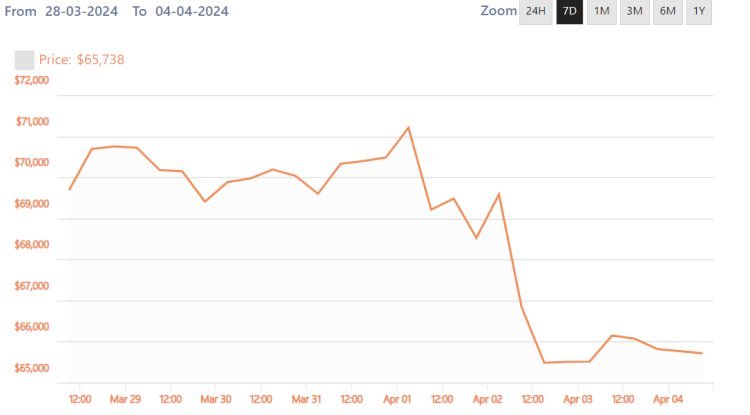What Are The Key Benefits Of Cloud Accounting?
Cloud accounting has revolutionized the way businesses manage their financial processes. By shifting financial management from traditional software to cloud-based platforms, companies of all sizes are experiencing unprecedented efficiency and accessibility.

Introduction
In recent years, cloud accounting has revolutionized the way businesses manage their financial processes. By shifting financial management from traditional software to cloud-based platforms, companies of all sizes are experiencing unprecedented efficiency and accessibility. This blog post explores seven key benefits of cloud accounting and provides insight into how it operates.
How Cloud Accounting Works
Before diving into the benefits, let’s understand how cloud accounting works. Essentially, cloud accounting involves using online software to process financial transactions, store data, and manage accounts. The data is stored on remote servers and can be accessed via the internet, allowing for real-time processing and accessibility from anywhere in the world.
Accessibility
Cloud accounting allows users to access financial data from any device with an internet connection. This flexibility enables business owners and accountants to stay connected with their financial data whether they are in the office, at home, or traveling.
Real-Time Data
Unlike traditional accounting software that requires manual updates, cloud accounting provides real-time data. This means that every transaction is recorded instantly, providing up-to-date financial information. This immediacy helps businesses make informed decisions quickly.
Cost Efficiency
Implementing cloud accounting can be more cost-effective than traditional methods. It eliminates the need for large upfront software purchases and reduces IT maintenance costs since the cloud provider handles the system maintenance and upgrades.
Scalability
Cloud solutions are highly scalable, which means businesses can easily add more users, storage, or features as they grow. This flexibility is particularly beneficial for growing companies that need to expand their accounting capabilities without significant capital investment.
Enhanced Security
Security is a top priority in cloud accounting. Data is stored in secure data centers with advanced encryption methods, and continuous backups ensure that financial information is safeguarded against loss or theft.
Seamless Integration
Many cloud accounting platforms offer integrations with other business applications such as payroll, banking, and inventory management. This seamless integration helps streamline various business processes, making it easier to manage overall operations.
Automated Updates and Backups
Cloud accounting software automatically updates to include the latest features and security enhancements, ensuring that businesses always have the most advanced tools at their disposal. Additionally, data is backed up automatically, which protects against data loss.
The Benefits in Detail
Each of these benefits contributes to a more streamlined, efficient, and secure way of managing business finances:
Accessibility ensures that stakeholders have instant access to financial data, which enhances collaboration and allows for more flexible work arrangements.
Real-time data keeps all financial records current and accurate, helping businesses stay responsive to their financial health.
Cost efficiency reduces the financial burden on businesses, particularly small to medium enterprises (SMEs), by lowering the costs associated with traditional software and hardware upkeep.
Scalability supports business growth without the usual growing pains associated with upgrading traditional systems.
Enhanced security provides peace of mind, knowing that financial data is protected against cyber threats and physical data disasters.
Seamless integration with other tools and systems enhances efficiency and reduces the likelihood of errors that can occur when entering data into multiple systems.
Automated updates and backups save time and ensure that the system is always running smoothly with the latest features and security protocols.
Conclusion
Cloud accounting represents a significant advancement in financial management technology. With its myriad benefits—from enhanced accessibility and real-time data to cost savings and robust security—cloud accounting is an excellent choice for businesses looking to modernize their accounting practices. As technology continues to evolve, cloud accounting will undoubtedly become an even more integral part of financial management, offering businesses the tools they need to succeed in an increasingly digital world.
Embracing cloud accounting not only streamlines operations but also positions companies to be more competitive and responsive in their respective markets. Whether you're a small startup or a large corporation, the advantages of cloud accounting can transform your business's financial management into a more efficient, secure, and scalable part of your operations.
What's Your Reaction?











![Wireless Connectivity Software Market Size, Share | Statistics [2032]](https://handyclassified.com/uploads/images/202404/image_100x75_661f3be896033.jpg)



